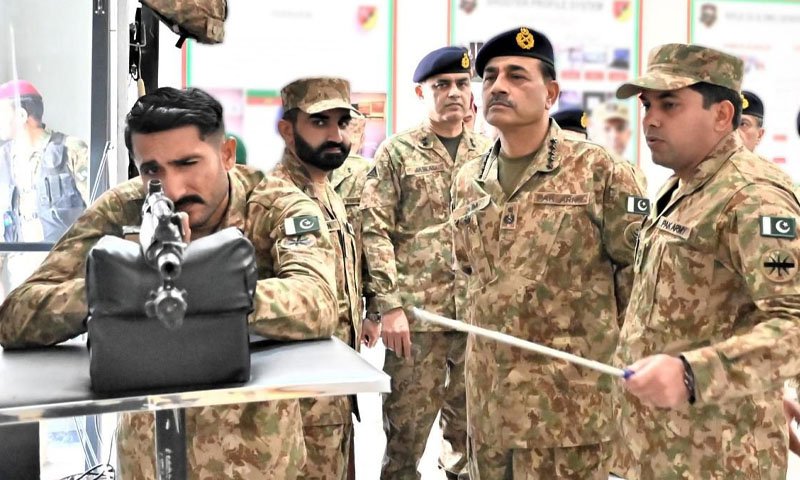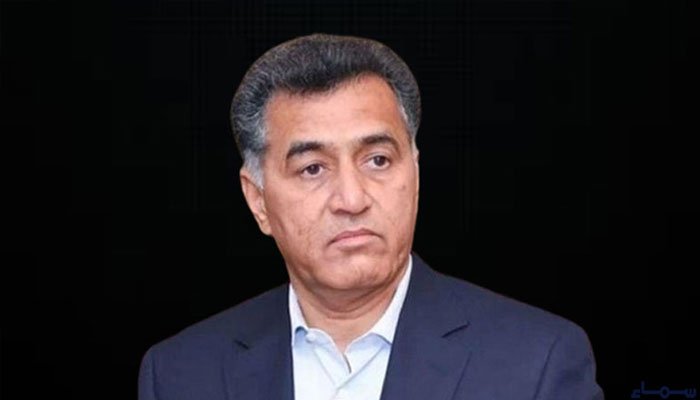Barkha Dutt noted the strained state of bilateral relations, highlighting issues such as halted trade and the absence of appointed high commissioners.
PMLN’s Nawaz Sharif admits past mistakes, seeks dialogue with India: Barkha Dutt. In a recent interview with Indian Journalist Barkha Dutt on the occasion of Shanghai Cooperation Organization (SCO) meeting in Chief Minister House in Lahore, former Prime Minister of Pakistan Nawaz Sharif expressed hope for forthcoming meeting with Indian Prime Minister Narendra Modi, here on Monday.
She interviewed him at the Punjab Chief Minister’s Office in Lahore. She is representing Mojo Story in Pakistan to cover the regional summit. Punjab Chief Minister Maryam Nawaz was also present during the interaction.
Durng the interview, Barkha Dutt claimed that Nawaz Sharif acknwledged his past mistakes and emphasized the need for improved relations between Pakistan and India, stating, “I have always advocated for better ties with India.”
Barkha Dutt noted the strained state of bilateral relations, highlighting issues such as halted trade and the absence of appointed high commissioners.
She pointed out that there was a time when 500 trucks crossed at the Atari-Wagah border, indicating the potential for stronger economic connections.
Reflecting on the political landscape, Nawaz Sharif remarked that it would have been beneficial for Modi to attend the SCO summit in person. He remains optimistic that dialogue between the two nations will resume soon, reinforcing his long-standing desire for peaceful and cooperative relations.
A Larger Perspective
Barkha Dutt believes that Nawaz Sharif’s statements should be viewed in a larger context. In 2023, he praised India for its achievements, such as reaching the moon, while lamenting that Pakistan was in a state of decline. He has repeatedly emphasised that Pakistan is responsible for its own crises and downfall. Therefore, the statement given to her by Nawaz Sharif holds greater significance when seen from this perspective.
Previous Government’s Position on Talks with India
Barkha Dutt stressed that Nawaz Sharif’s statement is particularly important because the previous government had taken the official stance that Pakistan would not resume talks with India until the abrogation of Article 370 in Jammu and Kashmir was reversed.
However, Nawaz Sharif did not mention this as a precondition in his interview. Instead, he expressed his hope that Prime Minister Modi would attend the summit and conveyed his desire to sit down directly with him in the near future.
Jaishankar to Focus on Terrorism
According to Barkha Dutt, India’s primary concern remains terrorism, and Jaishankar is expected to focus on this issue during his speech at the SCO summit.
However, Nawaz Sharif’s statement, delivered just hours before Jaishankar’s arrival in Pakistan, is noteworthy and adds an interesting dynamic to the discussion. Dutt speculated that this could be viewed in the context of Sharif’s ongoing remarks regarding India.
A Message to India
Barkha Dutt concluded by stating that Nawaz Sharif’s remarks seem to be a message to India about Pakistan’s current stance. Referring to the setting of the interview, she pointed out that it was conducted at the office of the Chief Minister of Punjab in Lahore.
Earlier on Monday, Indian journalist Barkha Dutt met with former Nawaz Sharif and Punjab Chief Minister Maryam Nawaz in Lahore.
Barkha Dutt is in Pakistan to cover the SCO summit, and her meeting with the top PML-N leadership comes at a time when international media representatives have gathered in Pakistan to report on this high-profile event.
SCO Summit in Islamabad
Pakistan will host the 23rd Council of Heads of Government of the Shanghai Cooperation Organization on Tuesday and Wednesday in Islamabad.
The meeting will be attended by prime ministers and senior officials from SCO member countries, including first vice presidents from Russia, Belarus, Kazakhstan, Kyrgyzstan, Tajikistan, Uzbekistan, and Iran. Indian Foreign Minister S Jaishankar and Chinese Premier Li Qiang will also attend.
According to media reports, delegations from various countries have already arrived in Islamabad, including a four-member Indian team, 76 representatives from Russia, 15 officials from China, a two-member Iranian delegation, and four officials from Kyrgyzstan.
Earlier, Indian Foreign Minister S Jaishankar rejected the possibility of bilateral talks during the SCO summit, stating in response to a question at an event that while media interest is high due to the nature of the relationship, the summit will remain a multilateral event.





